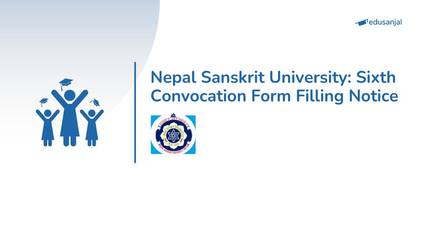Tribhuvan University's Central Library has secured its position as the nation's pioneer library with the integration of the Radio Frequency Identification (RFID) system. This cutting-edge technology is set to revolutionize book distribution and retrieval processes, enhancing efficiency and user experience.
The momentous occasion was marked during the visit of Indian Foreign Minister S. Jaishankar to Nepal. Accompanied by Nepalese Foreign Minister Narayan Prasad Saud, Jaishankar inaugurated the newly constructed Tribhuvan Central Library building in a ceremony held at the TU premises today (Poush 20.
The RFID system implementation is expected to automate the management of book records, streamlining operations and providing an advanced library experience for users.
During the inauguration program, both ministers virtually unveiled 25 schools, 32 health institutions, and a newly constructed monastery building. These projects are part of the earthquake reconstruction assistance extended by the Indian government across various regions of Nepal.
Indian Foreign Minister Jaishankar, in his address, highlighted the successful completion of 75 projects committed by the Indian government after the earthquake of 2072 B.S. He also announced a recent financial aid of nearly one billion rupees for housing reconstruction in Jajarkot following the earthquake.
Expressing a commitment to bolster connectivity between Nepal and India across various dimensions, Jaishankar emphasized the transformative impact on the lives of the common people. Minister Saud echoed these sentiments, stressing the importance of strengthening bilateral relations through mutual cooperation and goodwill.
Addressing the gathering, Acting Vice-Chancellor of Tribhuvan University, Professor Dr. Shiva Lal Bhusal, acknowledged India's longstanding support since the university's establishment. The newly constructed Tribhuvan Central Library building is envisioned to become the largest and most modern knowledge center in the country, equipped with state-of-the-art digital resources.
Executive Director Sagar Raj Subedi of Tribhuvan Central Library provided insights into the facility, highlighting its capacity to accommodate two thousand students simultaneously across its three stories. The library, covering an expansive 7,800 square feet, stands as the largest in Nepal. Subedi also noted that the construction, initiated in 2077 B.S., has been recently completed. The library features a dedicated section for Indian books and offers access to over 50 computer terminals for electronic resources, further enhancing its role as a hub for knowledge and research.













